Enjoy Life, But Be Mindful
Live your life. Coumadin therapy is designed to help prevent and treat serious health conditions, but it does not require to give up the things you enjoy most. Rather, be more mindful of cuts, bruises and other signs that there may be a complication. Other things to consider:
- Medical and Dental Procedures – Let your healthcare provider know you are taking Coumadin.
- Medical Identification – Consider wearing a medical alert bracelet, necklace or tag to notify first responders in the event you are in an accident or suffer an injury so they may provide the appropriate care timely.
- Pregnancy – If you are pregnant or plan to become pregnant, talk to your provider. Coumadin therapy is discouraged in these instances.
- Travel – Check with your provider if you plan to travel.
Coumadin Therapy & Other Prescriptions
Talk to your provider before taking any new medication, prescription or over the counter, herbs and vitamins. Ibuprofen (brand name Advil), naproxen (brand name Aleve) and other pain relievers, for instance, may enhance anticoagulation and increase the likelihood of harmful bleeding.
Take Coumadin at the same time each day in the evening.
If you miss a dose, do not take two doses the following day. Contact the Coumadin Clinic at (337) 470-1008 for further instructions.
Notify the Coumadin Clinic of any changes to your medication.
Limit or Avoid Alcohol Consumption
Consult with your provider before you consume alcoholic beverages while on Coumadin therapy. Alcohol can affect how the body metabolizes the medication. Excessive amounts may thin your blood to unsafe levels. Limit consumption to a single 8- to 10-ounce glass of wine or two 12-ounce beers. Avoid hard liquor. If you or a loved one have a drinking problem, help is available by calling (337) 991-0830.
When Should I Seek Medical Help?
The most serious issues associated with Coumadin therapy include excessive bleeding, gastrointestinal or bleeding within the brain, falls, accidents and unusual bruising, which may be signs of more significant medical complications.
Contact your provider if you experience:
- Bleeding from the gums
- Blood in the urine
- Bloody or black stool
- Heavier than normal menstrual bleeding
- Nosebleeds
Call 911 immediately or proceed to the nearest Emergency Department if you experience:
- Bleeding that will not stop
- Chest pain or trouble catching your breath
- Confusion, blurred vision, slurred speech, numbness or paralysis on one side of the body, a prolonged headache that over-the-counter medication will not relieve and other stroke-like symptoms
- Coughing up large amounts of bright, red blood
- Fall or injury to the head
- Pain in the back of the calf or leg that is cold or numb
- Vomiting blood
Does Vitamin K Impact Coumadin Therapy?
Ingesting increased amounts of foods rich in Vitamin K may make Coumadin less effective, but do not avoid them. Green, leafy vegetables, legumes and vegetable oil contain high amounts of Vitamin K. Roots, bulbs, tubers, the fleshy portion of fruit, fruit juices, beef, chicken, turkey, pork, shrimp and tuna tend to have lower amounts. Eat a normal, balanced diet. Consistency in your diet is key. Check with your provider before you make any changes.
Good Sources of Vitamin K
| Food |
Vitamin K Content |
| Asparagus |
Medium |
| Avocado |
Medium |
| Broccoli |
High |
| Brussel Sprouts |
High |
| Cabbage |
High |
| Cabbage, Red |
Medium |
| Collard Greens |
High |
| Dill Pickle |
Medium |
| Green Scallion (raw) |
High |
| Kale (raw) |
High |
| Lettuce, Bibb, Red Leaf (raw) |
High |
| Lettuce, Iceberg, (raw) |
Medium |
| Mustard Greens (raw) |
High |
| Parsley |
High |
| Peas, Green (cooked) |
Medium |
| Spinach (raw) |
High |
| Turnip Greens (raw) |
High |
| Watercress (raw) |
High |


